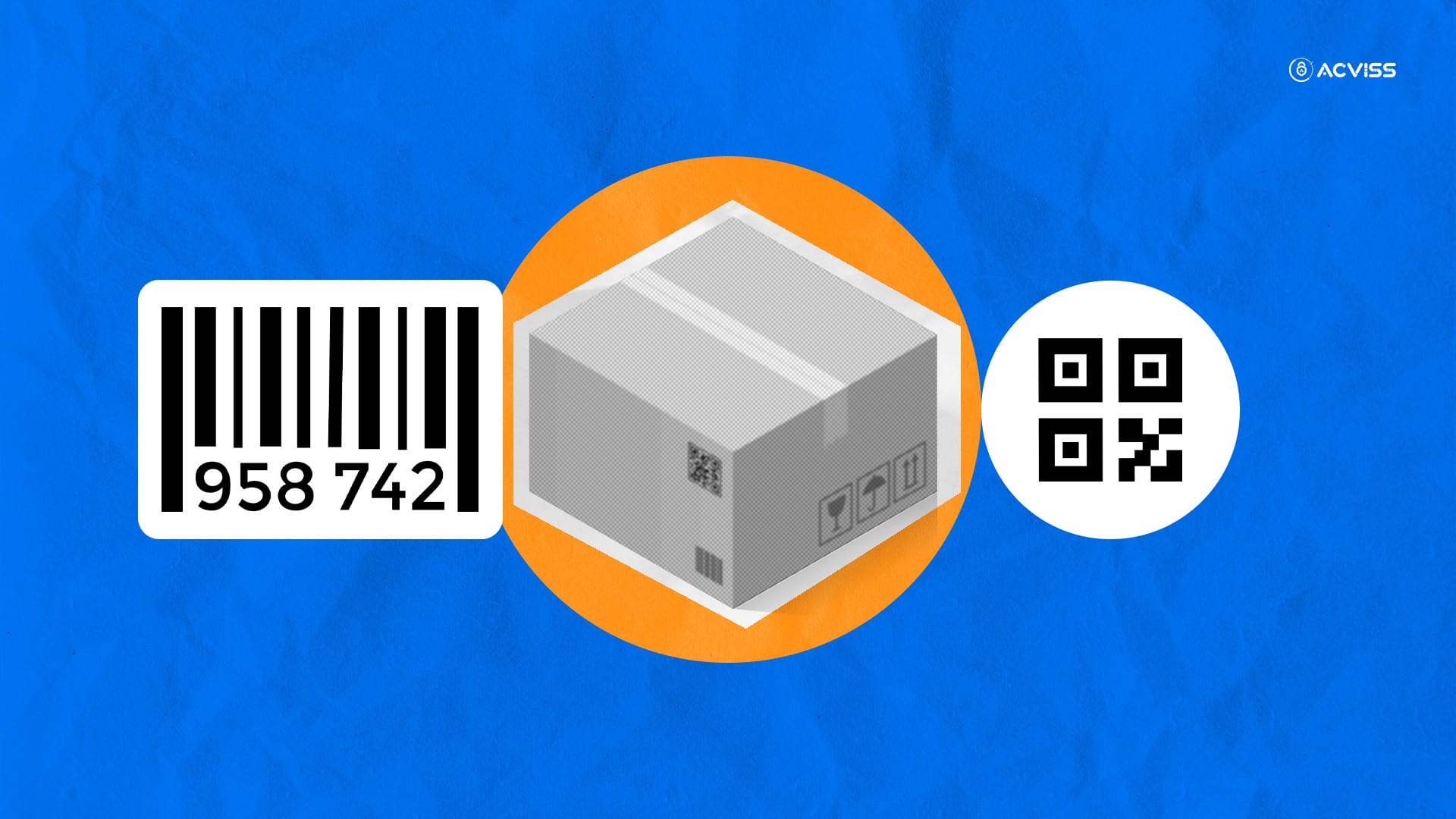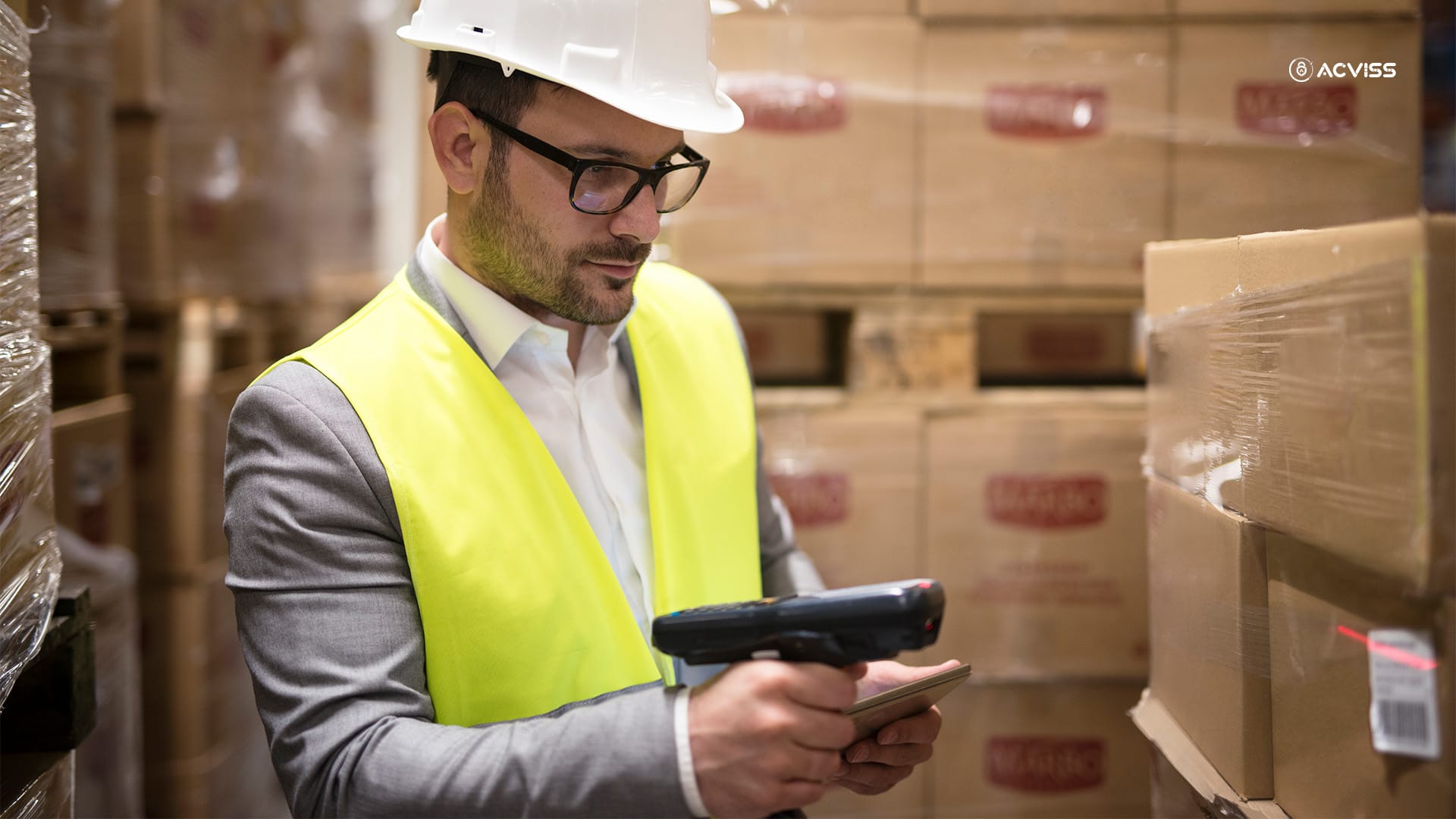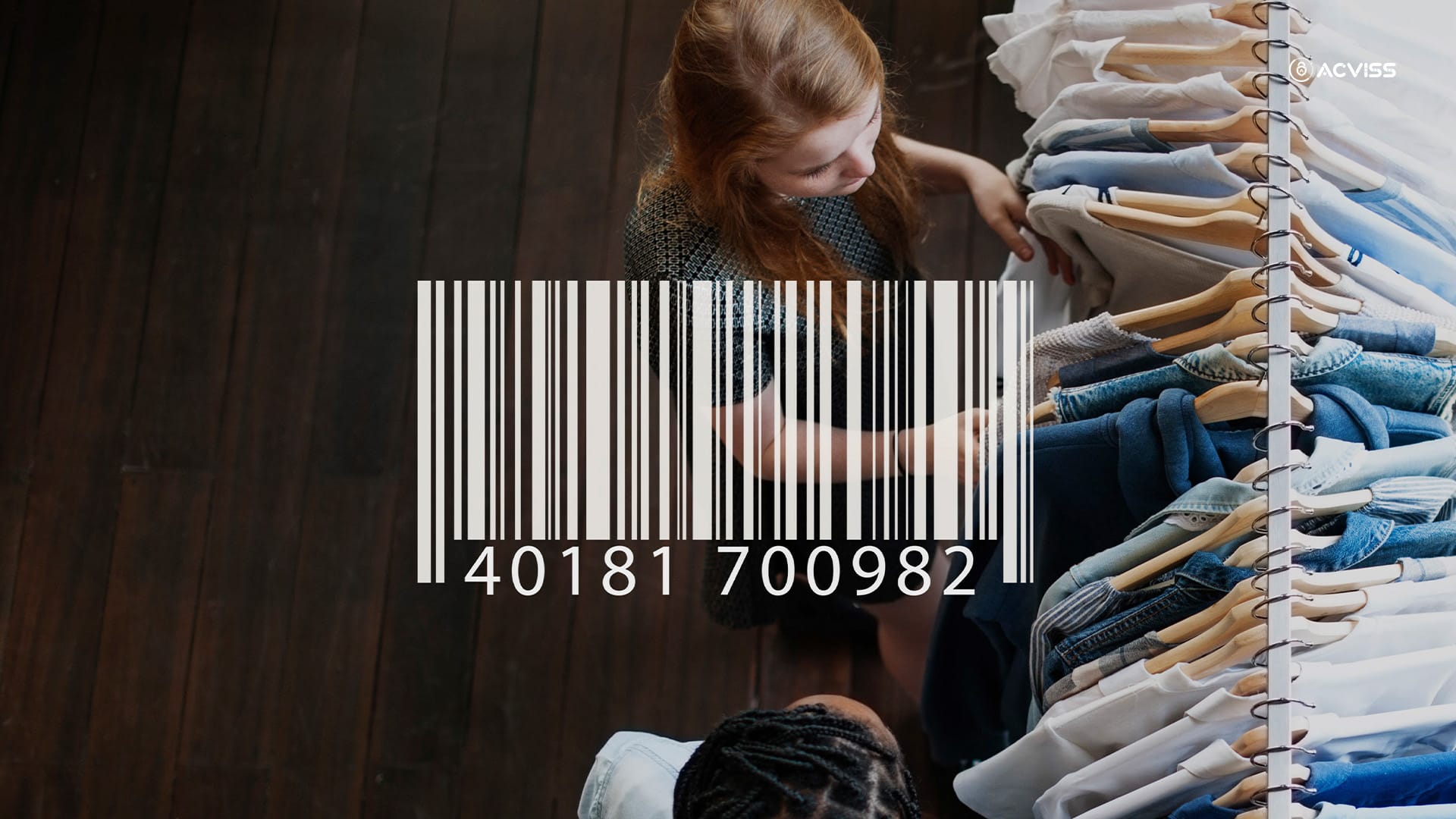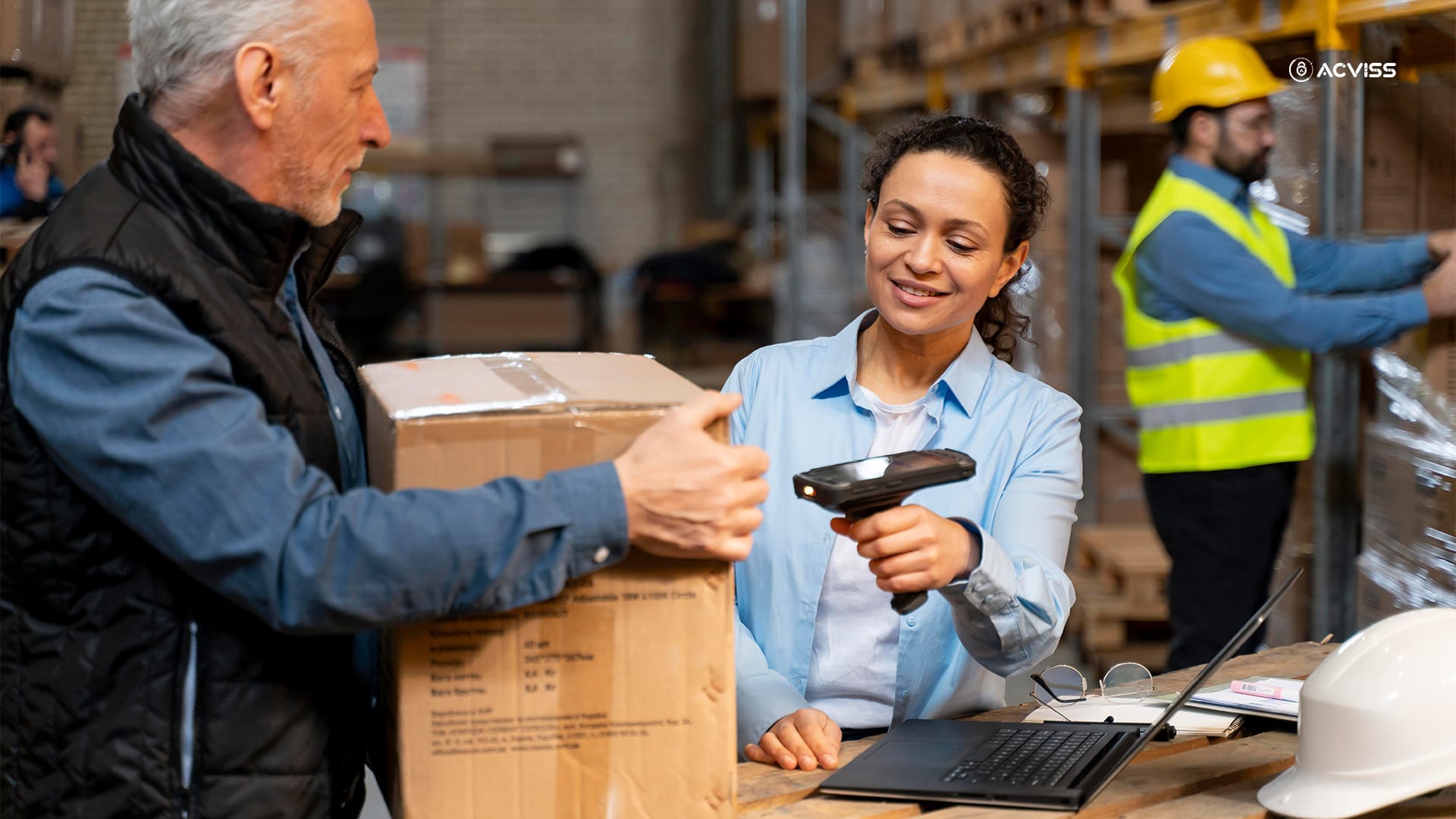Why Product Serialisation is Essential for Anti-Counterfeiting in Packaging

The issue of counterfeiting has spread throughout many businesses in the modern era, causing billions of dollars in damages every year in addition to serious harm to one's reputation. As a result of the proliferation of fake products on the market, companies are using creative ways to protect their goods, guarantee customer safety, and preserve brand integrity. A method that ensures complete traceability from manufacturer to end-user is serialisation in packaging, which entails giving each product a unique identity.
In order to fight counterfeiting, serialisation is being used more and more in sectors including electronics, pharmaceuticals, and the automobile industry. The idea of serialisation, its operation, and its advantages for many industries are examined in this article.
What is Serialisation in Packaging?
Serialisation is the process of giving each product or packaging unit that is manufactured a unique identification, usually in the form of a serial number, barcode, or QR code. From manufacturing to distribution to retail and, finally, to the final customer, this unique identity is documented and monitored at every stage of the product's lifecycle. The identification offers complete traceability since it may be connected to specific product details like the product's manufacture date, batch number, origin, and other pertinent information.
Even though a product is part of a huge batch, each one is unique in a serialised system. Individual items or packaging units may be serialised, depending on the products and the industry's requirements. Combining serialisation with a strong data management system can benefit brands.
How Does Serialisation Function?

Usually, serialisation consists of two essential elements:
Unique Identifier: To guarantee rapid and precise scanning, every product is assigned a unique serial number that is usually machine-readable (barcodes, QR codes, RFID tags).
Data Storage and Tracking System: A central database that houses all pertinent product information, including batch, production date, and shipment details, is linked to the serial number. Manufacturers, distributors, retailers, and other stakeholders can use this database.
There are multiple steps in the serialisation process:
- Creation of Unique Identifiers: The manufacturer creates a unique code that is assigned to every product or packaging unit.
- Printing or Labelling: Using technologies like inkjet printing, laser marking, or RFID tags, the identifier is printed either directly on the product or on the packaging.
- Data Integration and Traceability: All product movements and transactions are traced in real time thanks to the unique identifier being stored in a centralised database.
- Authentication and Verification: To ensure the product's authenticity, stakeholders scan and validate the identification at different stages of the supply chain.
Businesses may guarantee that only authentic items make it to market by implementing effective serialisation. It allows businesses to keep a clear record of a product's movement through the supply chain.
Benefits of Serialisation in Packaging
There is a string of benefits to package serialisation for companies, customers, as well as regulators alike. The following are some of the strongest arguments in favour of serialisation for businesses looking to reduce counterfeiting and increase supply chain transparency:
Thwarting Fraud and Counterfeiting
Serialisation capacity to prevent counterfeiting is by far its greatest benefit. Each product is given a unique serial number, which makes it very difficult for counterfeiters to copy the system. To verify authenticity, the identifier of each product can be checked several times throughout the supply chain.
Improved Transparency and Traceability
Because serialisation allows for complete traceability, every product can be followed from the place of origin to the final customer. In the event of a flaw or safety concern, this openness enables businesses to promptly detect and recall hazardous or defective items, lowering consumer risk and enhancing brand confidence.
Enhanced Efficiency of the Supply Chain
Businesses may see their supply chain in real-time with serialisation. Inventory management is enhanced, errors are decreased, and the chance of diversion is decreased thanks to this visibility. By tracking each product's whereabouts at every point in its path, manufacturers and distributors can increase operational efficiency and lower the possibility of misplaced or misdirected goods.
Customer Trust and Brand Security
Customers can use serialisation to confirm the legitimacy of the goods they buy. Knowing that they are getting authentic, superior products increases customer confidence and trust. The need for traceable and certified products is expected to rise as consumers become more conscious of the dangers posed by fake goods. By showcasing their dedication to product quality and safety, brands that invest in serialisation are better positioned to establish enduring relationships with their customers.
The Role of Serialisation in Key Sectors

1. Pharmaceutical Industry: The influence of serialisation has been especially significant in the pharmaceutical industry. Counterfeit pharmaceuticals are a serious public health risk because they can cause deaths and damage consumer trust. Serialisation can be used by pharmaceutical companies to ensure that all medications can be tracked from the manufacturing location to the pharmacy shelf. Patients are less likely to receive counterfeit drugs because of serialised drug packaging, which allows consumers and retailers to verify a product's authenticity. Serialisation also increases the effectiveness of recalls if defective drugs need to be removed from the market.
2. Electronics Industry: Electronic equipment, particularly those with expensive price tags, are a common target for counterfeiters. Consumers are more prone to purchase fake products, such as computers or cell phones, that may not meet safety or performance standards. Serialisation guarantees that consumers can confirm their purchases and helps to stop the spread of fake devices by allowing manufacturers to uniquely identify each electronic product. Furthermore, serialised equipment can be traced for warranty purposes, allowing manufacturers to offer better customer service and more reliable repair or replacement programs.
3. Automobile Industry: Fake parts in the automotive sector can play a detrimental role. Only original parts ought to be utilised in vehicle assembly or repairs for obvious reasons. It’s a standard rule to use serialised components, which can assist manufacturers, distributors, and repair shops in tracking down the origin and authenticity of auto parts. Serialisation also helps avoid parts diversion, which can compromise safety requirements when parts meant for one market or application are diverted to another.
4. Fashion and High-End Luxury Products: Fashion labels and luxury goods are especially susceptible to counterfeiting. Because each item can be individually identifiable thanks to serialisation, buyers can confirm the item's authenticity before making a purchase. Additionally, brands can improve overall brand control and lower the danger of grey market diversion by using serialised systems to better manage inventories.

The Final Words
With major advantages in several industries, packaging serialisation is a crucial weapon in the war against counterfeiting. Through complete traceability, increased supply chain effectiveness, and increased consumer trust, serialisation helps shield consumers and companies from the risks and repercussions of fake goods.
Adopting serialisation is not just a legal necessity for sectors like pharmaceuticals, electronics, and automobiles, but it is also a calculated move that may improve product safety, expedite processes, and foster enduring customer trust. Serialisation will continue to be a vital technology for companies trying to protect their goods and brands as the global market fights the menace of fake goods.
Interested to learn more about product serialisation and getting your brand secured in the market? Get in touch with us today and safeguard your products and customers building trust and sustained growth for long-term success.
